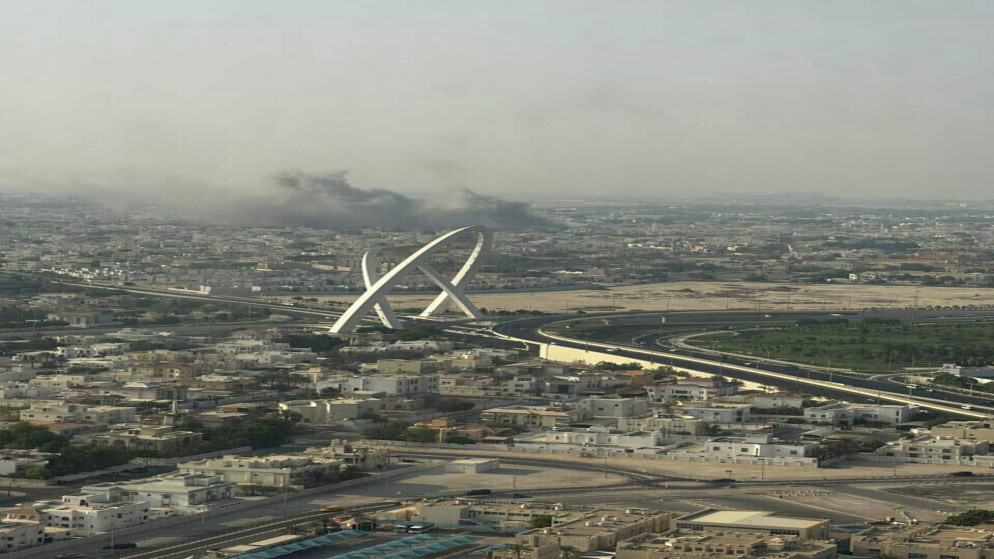The Israeli Strike in Doha: A Breach of Sovereignty and a Challenge to the International System

The Qatari response was swift and firm, describing the operation as "international terrorism" and announcing the formation of a legal team to sue Israel in international forums. This position reflects a Qatari awareness that what happened is not just an attack on individuals, but an assault on the concept of national sovereignty and on the mediating role that Doha plays.
The international outrage that followed the incident reveals a shift in global sentiment. Even Israel's traditional ally, U.S. President Donald Trump, found himself compelled to express his "discontent" with the operation, in a rare indication of tension in relations between the two countries. This American stance, although cautious, reflects concern that Israel's crossing of all boundaries may threaten U.S. interests in the region.
Legally, there is strong evidence that the Israeli strike constitutes a clear violation of the United Nations Charter and international law. Targeting a negotiating delegation in a host country represents a breach of the unwritten rules governing modern conflicts, where host countries for negotiations are considered neutral and fortified territories.
The real dilemma lies in the mechanisms of enforcement. The current international system, due to the American veto in the Security Council, is unable to hold Israel accountable effectively. The International Criminal Court faces significant obstacles due to Israel's non-recognition of its jurisdiction, while the International Court of Justice remains a theoretical option that clashes with political reality.
What happened in Doha may be a turning point in the international perception of Israel. Countries that have tolerated Israel's "right to self-defense" may find themselves compelled to reconsider this stance after Israeli operations have extended into the territories of neutral states.
The greatest danger posed by this incident is the undermining of international confidence in the diplomatic mediation process. If safe countries are unable to protect negotiating delegations, who will dare to host them in the future? This question threatens the foundations of international diplomacy and returns the region to the logic of pure power.
The Israeli strike in Doha reveals a dangerous shift in regional politics: from a struggle for land to an explicit challenge to the entire international system. The challenge now is whether the international community can find a mechanism to deter these behaviors, or are we witnessing the birth of a new international system where power is the only law?